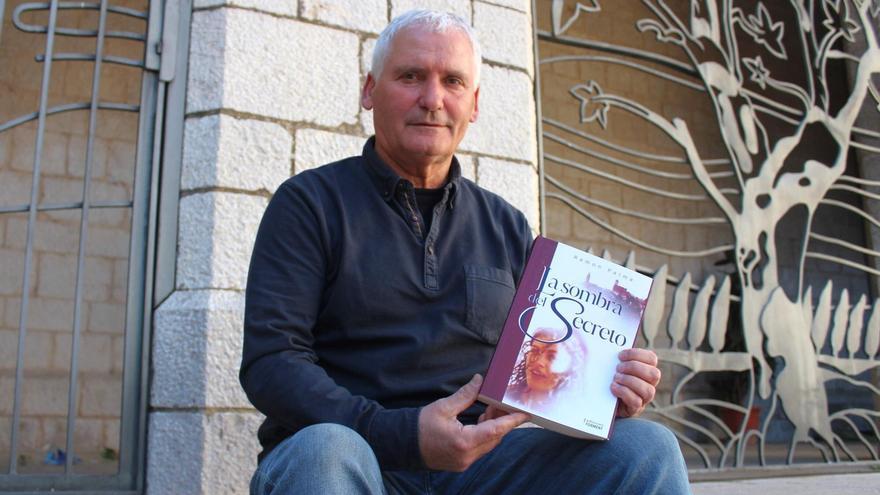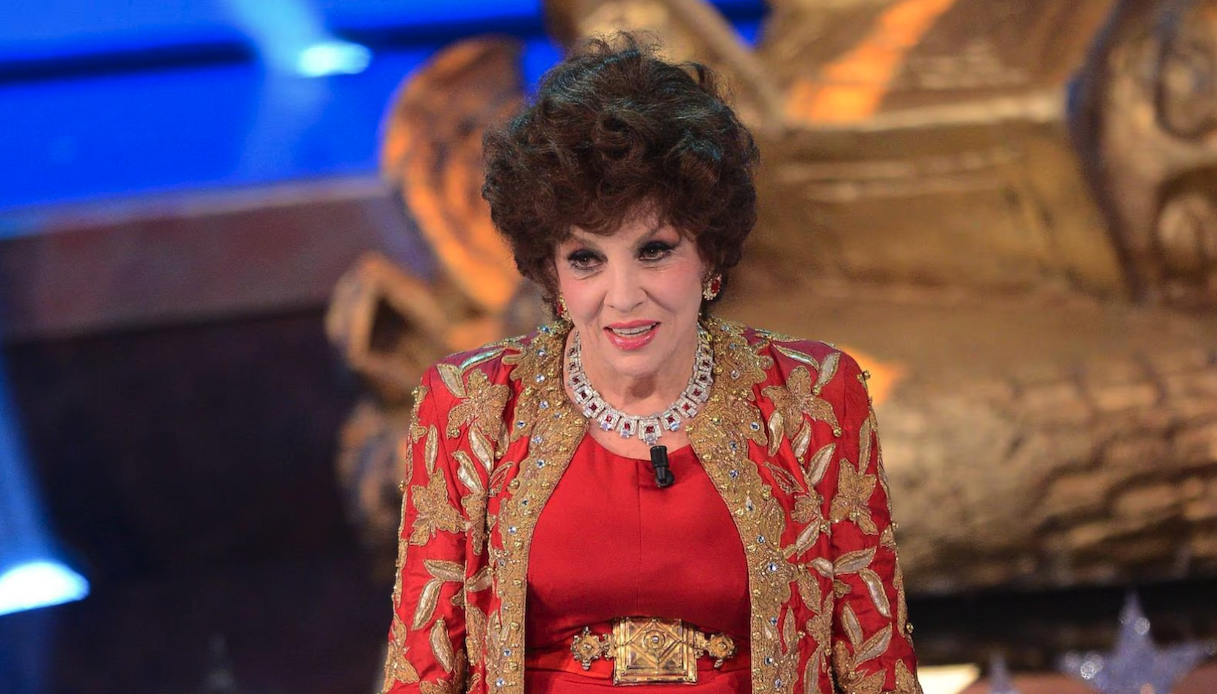With a frank outlook and an open mind. Self-made in many ways. At first glance, some might think that it represents a contradiction in the modern world: Writer, poet and football player. also Loyal to the family and company that helped him thrive. The summary of it all makes us believe that Ramon Palma Herrera is one of them Troubadour of the 21st century With romantic ideals and realistic pragmatism.
I met him at Café Dalicatessen in Pujada de Sant Pere de Figueres. A mutual friend, Nitos Santos, told me that Ramón had “written an important book.” As soon as I arrived, he gave me a copy The secret remained (Forment editions). We talk for a long time as we watch people and more people pass, enter or leave Dali Theater Museum, When he was still exposed to it Christ portligat. Before I wrote anything, I took time to read the book. I had a good time. That was what it was all about.
The secret remained It has as a stage Girona in the seventeenth century. Tie them up The twists and turns of a lady from Toledo, the daughter of nobles, moved from her hometown by marrying into her era. I won’t tell you more. Reading always helps us cross the door of time, and leads us to stories that, willy-nilly, depict us at some point or make us jealous of not being there.
before The secret remained He has published a collection of poetry Purple fish He participated in editing other works alongside literary travel companions.
Without revealing the plot of the novel, I can say things about Ramón Palma to better understand where the author is coming from. Born in Correa del Río (1956), Seville, He is the youngest of six brothers. Four girls and two boys. His mother was a “determined and enterprising” shopkeeper. Like many people at that time, she was brave enough to immigrate to Switzerland in search of a better life with her young children. Then they stop atPort bullwhere young Ramon will end up as an apprentice at Figueres room. “In Portbou, I had a linguistic influence that emerged in Fossos. There were two hundred trainees and everyone spoke Catalan, except for the class. I did my best to integrate and from there there was a network of friends that has continued with me until now. One of the things that has helped me is that I adapt well to All sports activities. I played football, hockey and basketball with Adebaev. I also loved handball. “With De La Salle’s youth, I stood out,” he recalls. between one thing and another, He played for the first team of Unió Esportiva FigueresBut a forced flight to Meli, in Pontevedra, halted his progress.
“Always encouraged by friends and colleagues, I moved from poetry to storytelling because it gives you more freedom.”
He was Postal clerk With a fixed contract and leaving the role of a footballer, at only 25 years old, he jumped to the bench. He led De La Salle’s teams, FilabertranOlot, Christinink, Arrow, Bespalnik, peralada…But Figueres occupies a large space in his heart. This track featured Emilie Bach, businessman and union president, who did not receive a good enough rating. Ramon ended up working “almost his entire working life” alongside him. “Emily Bach is my second father, and I will always be grateful for the way he helped me and treated me“, he says enthusiastically. As for Ramon Palma, “In this life you learn that if they trust you, you give 100%.”
Already retired He devotes time to family and the garden. The imprint of his origins and the training he received gave him a way of being that led him to “write in Spanish and think in Catalan.” He continues to develop the poetic rhyme, but he realizes this The secret remained She has made an important turning point: “Friends and colleagues have always encouraged me. I made the leap from poetry to narrative because it gives you freedom.” The troubadour’s spirit with an Andalusian attitude sees him champion the verses as a way to make sense of life, “but, like everything, you know that if you go on too long, no one will listen to you.”
Check here all EMPORDÀ news

“Professional web ninja. Certified gamer. Avid zombie geek. Hipster-friendly baconaholic.”



